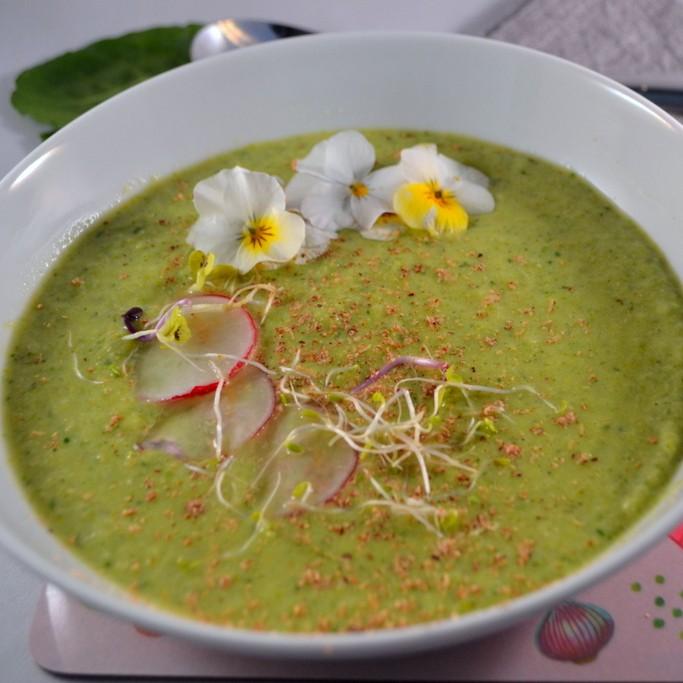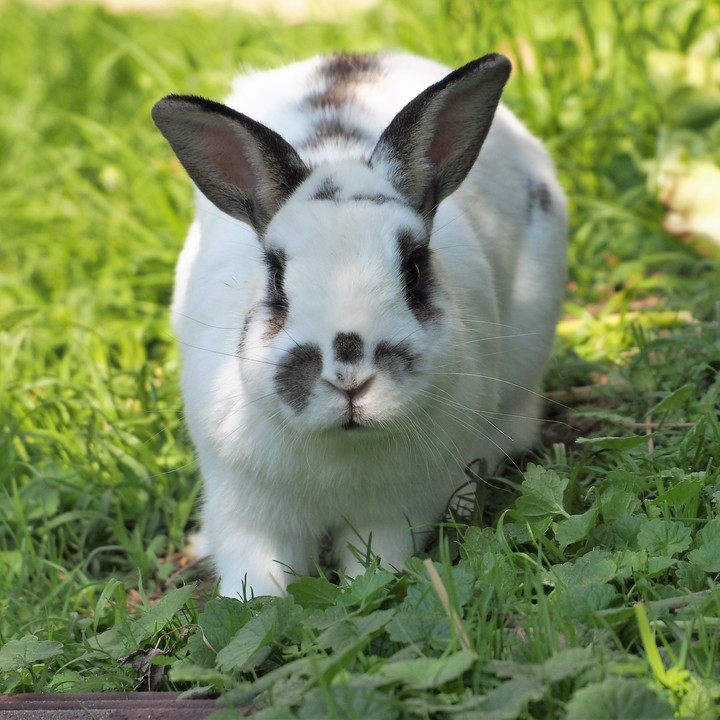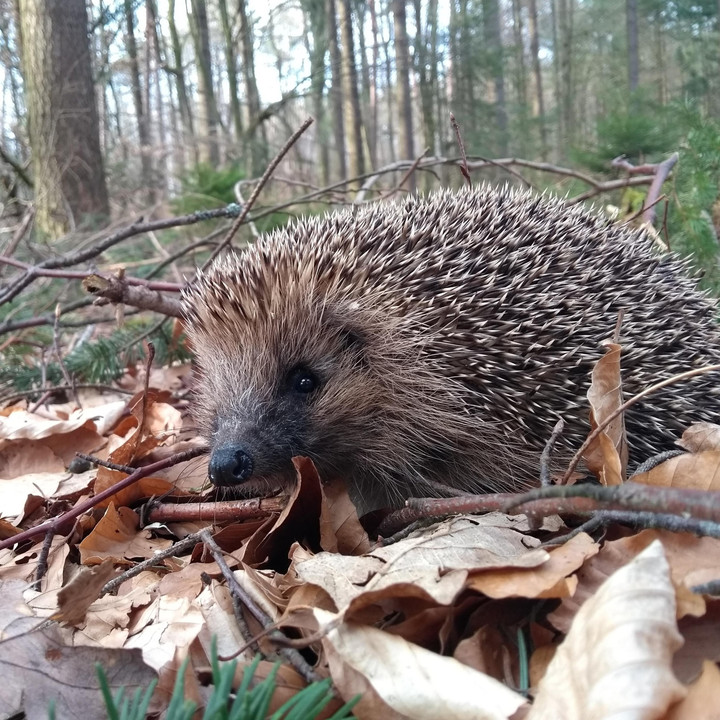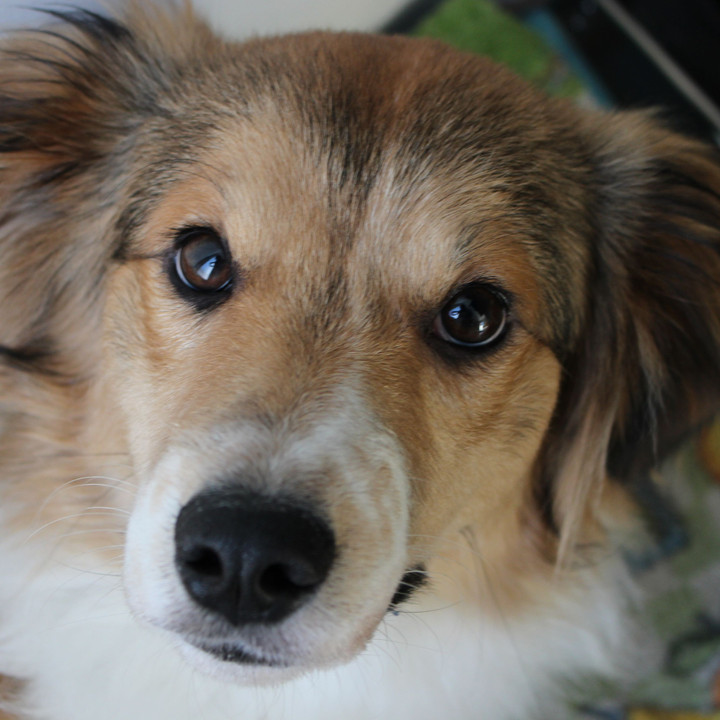
Tips For An animal-friendly Easter
Some Easter traditions and treats may have cruelty behind them
Whether you’re baking, decorating or eating them, eggs play a significant role in the Easter season, becoming increasingly popular and consumed each year. The festivities centre around coloured eggs, chocolate eggs, Easter biscuits, and the symbol of the Easter Bunny. In the days around Easter, egg consumption rises dramatically, as many families feel they cannot celebrate without colourful Easter eggs.
Worldwide, egg production continues to grow year on year. The largest producer of eggs is China, which has produced for more than a third of global eggs and more than 40% of the world’s hens in 2020, followed by the USA and India.1 Not all eggs you can buy in the supermarket are produced locally, many are imported instead. Germany for example, relied on imports for more than a quarter of egg consumption needs in 2023.2
If you purchase cooked eggs, including coloured eggs, it's important to check the country of origin as many are are even sourced from countries where little to no animal welfare laws and regulations exist.
How can I make Easter more animal-friendly?

Dye your own 'eggs'

Reduce, Refine, Replace

Animals are not presents

Be careful with Easter bonfires

Keep chocolate away from pets
Source
2. US egg shortage: Does Europe have any to spare? (accessed 15.04.2025) https://www.dw.com/en/us-egg-shortage-does-europe-have-any-to-spare/a-71968918

